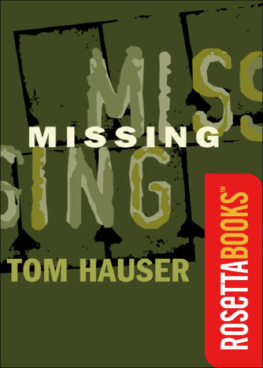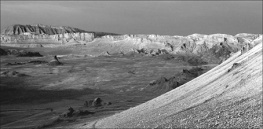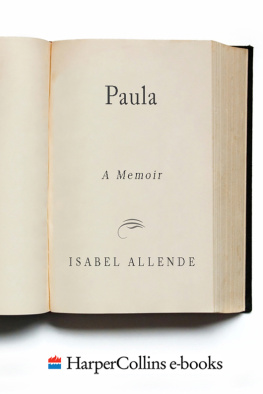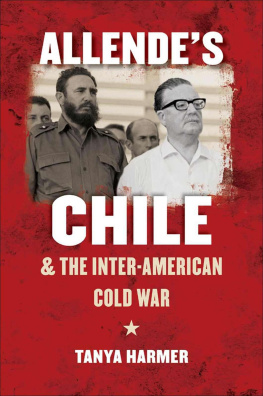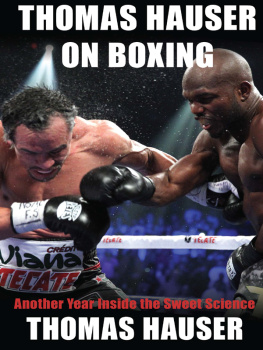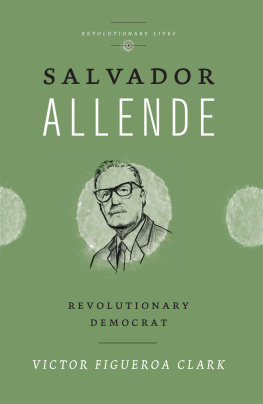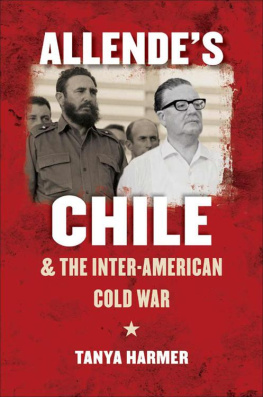Copyright
Missing
Copyright 1978 by Thomas Hauser
Cover art to the electronic edition copyright 2012 by RosettaBooks, LLC
All rights reserved. No part of this book may be used or reproduced in any form or by any electronic or mechanical means, including information storage and retrieval systems, without permission in writing from the publisher, except by a reviewer who may quote brief passages in a review.
Electronic edition published 2012 by RosettaBooks LLC, New York.
ISBN e-Pub edition: 9780795325311
For my mother and father,
who have always stood by me.
Walk light,
dont fight,
tiptoe through the barbed wire
days.
All the worlds a place
to hide in
I cant see the end
from where I am;
but when I get there
I will know.
Charles Horman 1973
PART ONE
CHAPTER I
CHARLES
Fifty-five thousand Americans died in Vietnam. With numbers like that, nobody cares about two who were killed in Chile. Elizabeth Horman leans forward in her chair. I care. One of them was my son, and he was special. A half smile forms on her lips. I suppose every mother says that about her son, but with Charles it was true. He was very special. Let me tell you about him.
Charles was born with curly hair, pink cheeks, green eyes, and was very, very small. He was the kind of boy who almost obliterates himself because hes so shy. He learned too much too soon. At age three, he was afraid of being poisoned because he read the word poison on a bottle of ammonia and the contents looked like water to him.
He went to kindergarten a year early because we felt that, as an only child, he should be with other children. The other kids, who were bigger and older, took turns clobbering him. Finally, my husband Ed had to show him how to protect himself. If someone hits you, Ed counseled, punch him in the mouth, and after that hell leave you alone. This was only partially satisfactory to Charles, who wanted to know what to do if he was set upon by two people. Give your full attention to whichever one is bigger, Ed instructed. If you sock him good, the other one will run away.
A slightly self-conscious look crosses Elizabeth Hormans face. You know, Charles abhorred violence all of his life. Thats one of the things that make his death so intolerable.
He loved books and always wanted to be read to. He had an extraordinarily inquisitive mind and was perpetually exploring new things. Just after he turned four, I took him to the American Museum of Natural History, and he drew a complete picture of every dinosaur there. Then he got into first grade. I went to school on Parents Day, and all the other children raised their hands to answer questions. Charles just sat there in the back of the room without moving a muscle. I asked him afterwards why he didnt raise his hand. Because I already know the answers, he told me. That was all he needed for satisfaction. He didnt have to show off in front of other people. He was happy just knowing.
That same Parents Day, after the children began a written lesson, Charless teacher came up to me and said, I want to show you something. The children were working on a problem in which they were supposed to draw three rabbits plus two rabbits making five rabbits. Most of the kids were racing through the assignment, and had drawn all the rabbits in the wink of an eye. Look, the teacher said to me, and I looked over Charless shoulder. He had drawn one rabbit. He hadnt addressed himself to the problem at all, but you should have seen that rabbit. It had eyes, ears, a tail, even fingernails. It was the most perfect rabbit you ever saw. He couldnt have cared less about the assignment. I went home that night and told Ed, Wonderful. We have a genius on our hands, but hell never get promoted out of the first grade.
She laughs at the memory.
Charles Hormans roots were embedded in New York City. He was born and raised there. His parents, Ed and Elizabeth, have lived in New York all of their lives. As a child, he learned from his father about shells and the sea, stars, and the tidesall part of what makes the world magical for little boys. He retained that knowledge in later years, taking great delight in pointing out constellations in the nighttime sky. Those who knew him have tried, on occasion, to parse out his talents. He had Eds sense of humor, they might say, and definitely Eds ability to collect and synthesize data. But he had Elizabeths appreciation for the humanities and her artists eye.
Whatever the source of his talents, Charles Horman was, first and foremost, the product of principled parents living principled lives. They gave him a strong sense of right and wrong, and the ability to appreciate a job well done. From their guidance and understanding sprang a remarkable record of youthful achievement.
At the Allen-Stevenson Grammar School in Manhattan, he was both first in his class and Student Body President. In autumn, 1957, he enrolled at the Phillips Exeter Academy in Rockingham County, New Hampshire. Renowned for its New England tradition and high academic standards, Exeter is set amid weather-beaten colonial houses by an old factory overlooking the Exeter River falls. Within this setting, seven hundred male students just past the age of puberty worked out their emotional problems on one another, twenty-four hours a day.
Always reticent in new social situations, Charles approached Exeter with great trepidation. His first months there were miserable. Once king of the hill at Allen-Stevenson, he was regarded as an odd, bookish sort by his older and tougher new classmates. They came into his room at night and plucked at the bow of his cello to keep him from studying. They hit him with sticks, pillows, and anything else they could lay their hands on. He was a fifteen-year-old boy whose voice had not yet matured, finding out that he hadnt grown up at all. To compound his misery, shortly after winter began, he broke his leg playing intramural ice hockey.
Slowly, Charles was accepted on his own terms. When he graduated from Exeter in 1960, he had been an honor student for each of his six terms and the first student elected President of both the schools literary magazine and historical debate society. Still, his individuality remained. Charles Donohue, a former classmate and now an attorney in New York recalls, The big word at Exeter in those days was nego. It was synonymous with a negative attitude towards life and, if you were cool, that was the attitude you adopted. You couldnt be cool if you showed too much enthusiasm for things. Charles Horman was different. Even then, he preferred to think of the world in positive terms.
Robert Kessler, Dean of Exeter, sums up Charless years there in equally positive fashion: He was an outstanding student, thoroughly responsible and reliable, respected by both his peers and his teachers. He had no arrogance with weaker students. He managed to accept the conventional requirements without giving up his own individual style. He was a leader.
One-third of Exeters graduating class went to Harvard, and Charles was among them. Perhaps the most rewarding aspect of his college years was his involvement in the civil rights movement. Like many Northerners who intruded upon the deep South in an attempt to change basic institutions, he was badly treated. Fire hoses and police dogs were common fare. In Plaquemine, Louisiana, he was jailed for vagrancy despite having two hundred dollars in his wallet.
As his interest in the world around him grew, Charles began to seek out new means of expression. Following a series of summer jobs with CBS, the

